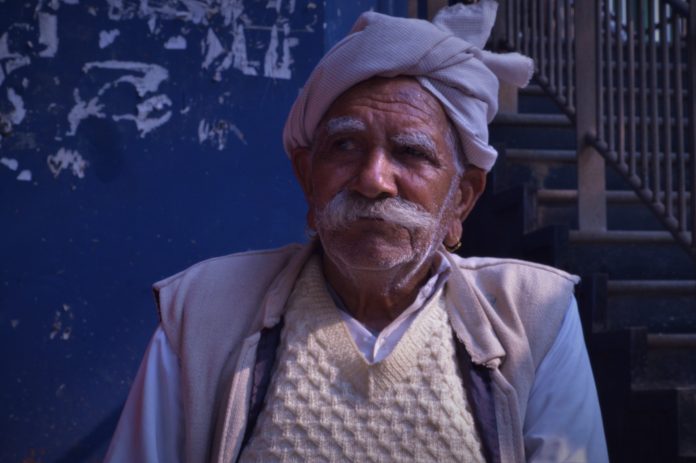By Danish Pandit, TwoCircles.net
On the 18th day of ongoing protests against the three farm bills passed by the Narendra- Modi led government, the number of farmer protesters are growing every day at Tikri border reaching Rohtak, Haryana, and the parts adjacent to it.
The protesting farmers say that they are not facing any issue in accessing food, or shelter but access to sanitation is becoming a problem.
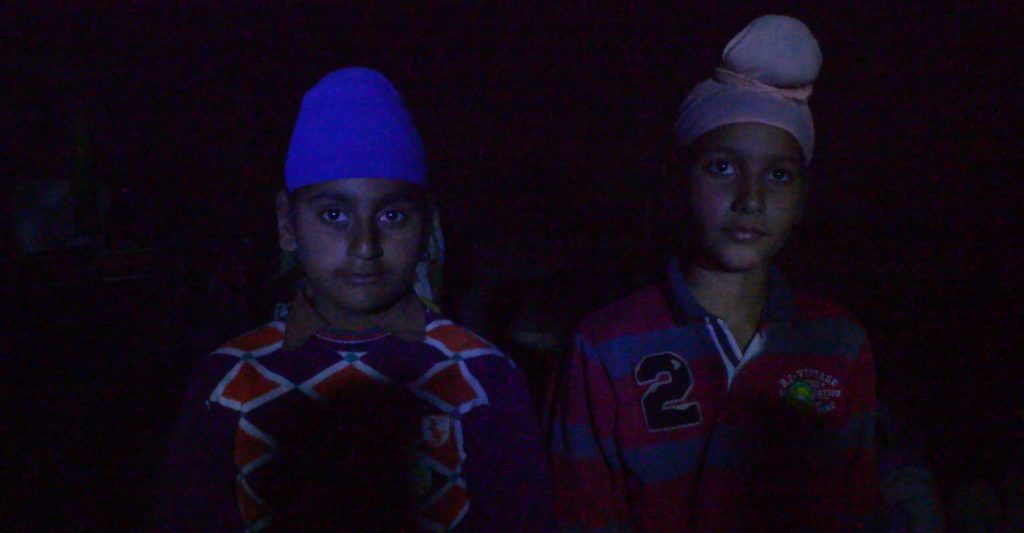
“Sanitation is the major issue. We should have more portable washrooms. The neighbouring community is cooperating a lot. But, it doesn’t look good to step in to someone’s house more often than necessary,” Sakhjeet Kaur, 48, a resident of Chak Fateh Singh Wala, Bathinda, Punjab told TwoCircles.net.
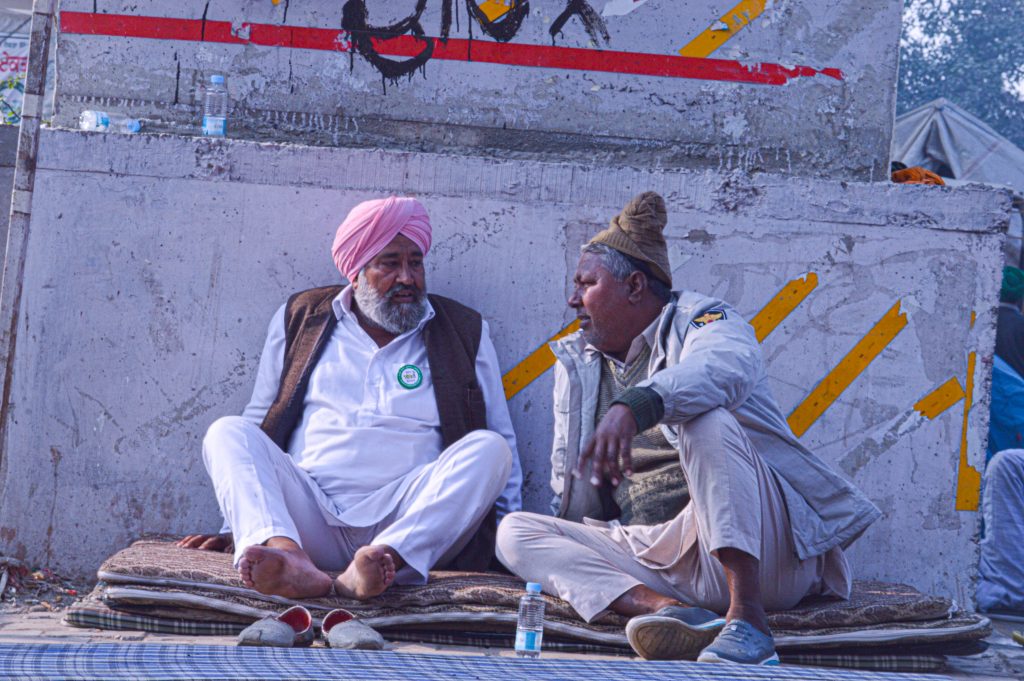
An estimated 30000 people of all age groups are protesting at the Tikri border. A significant number of women protestors are also there, which is discernibly more than at Singhu.
Barring sanitation problems, conditions are same as that at Singhu.
“Food and shelter is not issue,” farmers say.
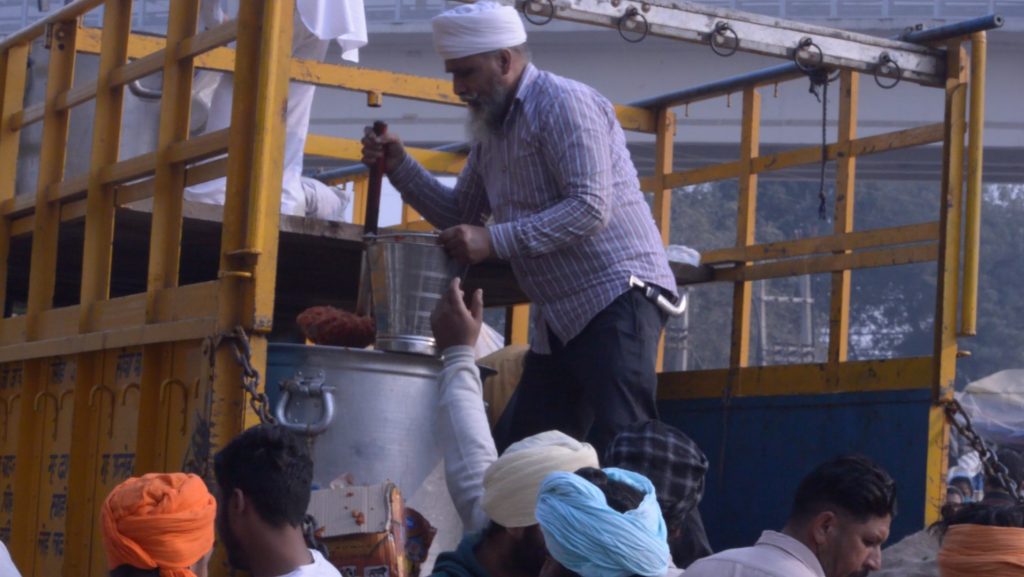
The protesting farmers either sleep in trucks or tractors or beneath them to save themselves from morning dew. Some people live in tents too.
Parsa Ram, 87, man told TwoCircles.net that there are approximately 50 to 60,000 Arthi’s in Punjab who also have associates and laborers. “Where will they go?” he asks, adding, “Lakhs of people will be jobless. What is this government even up to?”

Most of the services are provided by voluntary organisations like United Sikhs, Khalsa Aid and some others affiliated with Kisan Ekta Manch.
Very few facilities are provided by the government. “Water and toilet arrangements are poor. Water tanks do come multiple times a day but it is poor,” Darshan Kaur, an 80 year old women from Kolara, Patiala said.

Farmers are also spending their own money on bedding (quilt and mattresses) and some NGO’s are supporting them for the same.
Khalsa Aid is visible on the ground.
Various medical camps can be spotted at the protest site. The medical camps are set up by various NGOs’.
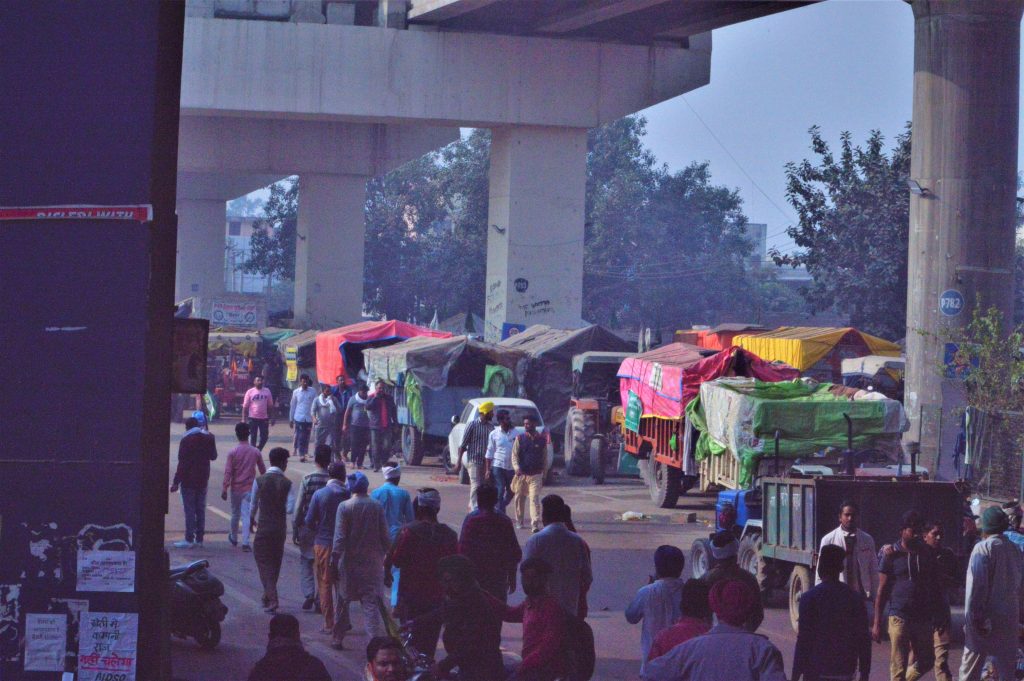
Sukhpal Kaur, a 55 year old women from Kolar Patiala says, “Health care is sufficient for us. There is a medical camp at every 3 kms of radius on the protest site.”
People are using electricity through makeshift means.
“Yes, we have electricity issues. But we try to get direct electricity from the poles,” a protestor said.
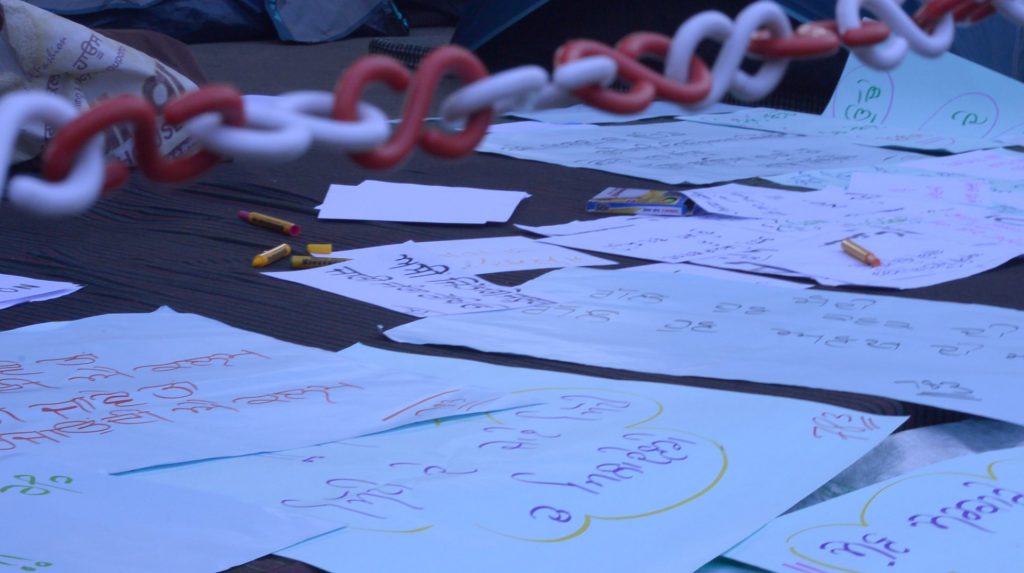
There are few doctors present at the protest site. Many medical camps provide herbal medicines. They have volunteers instead of nurses.
“They are trying to reach out to people in every possible ways. Khalsa Aid is mainly working on providing mattresses and blankets for the people who haven’t carried or compensated yet,” a protestor said.
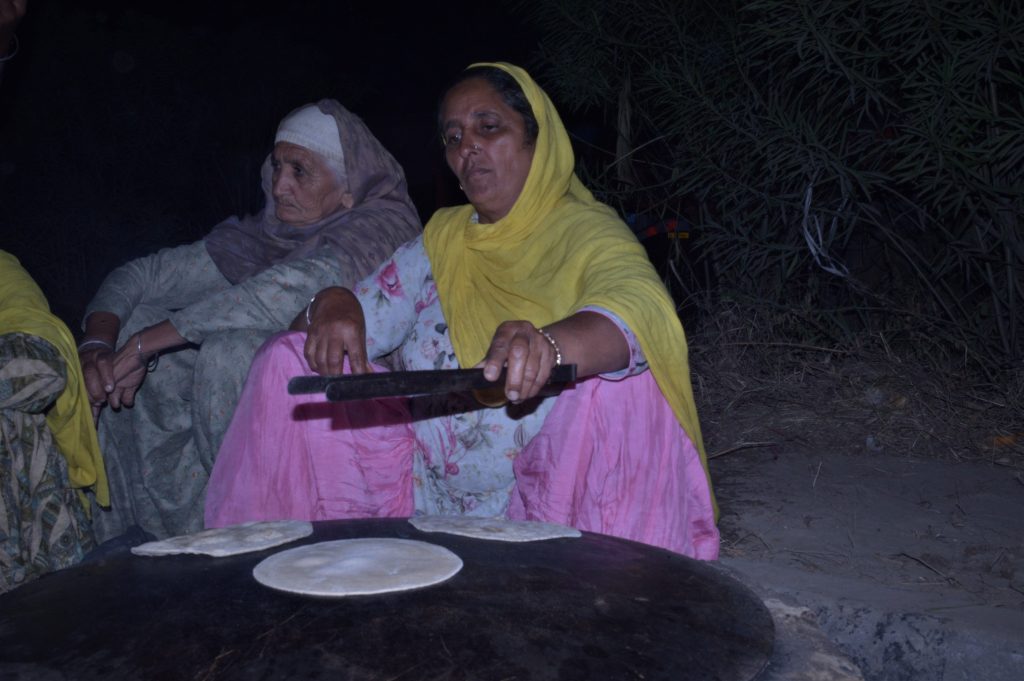
Many people on the ground didn’t seem to be worried with lack of facilities from the government.
“We don’t need any help from the fascist government. We just need this bill to be withdrawn,” Parsa Ram said.



